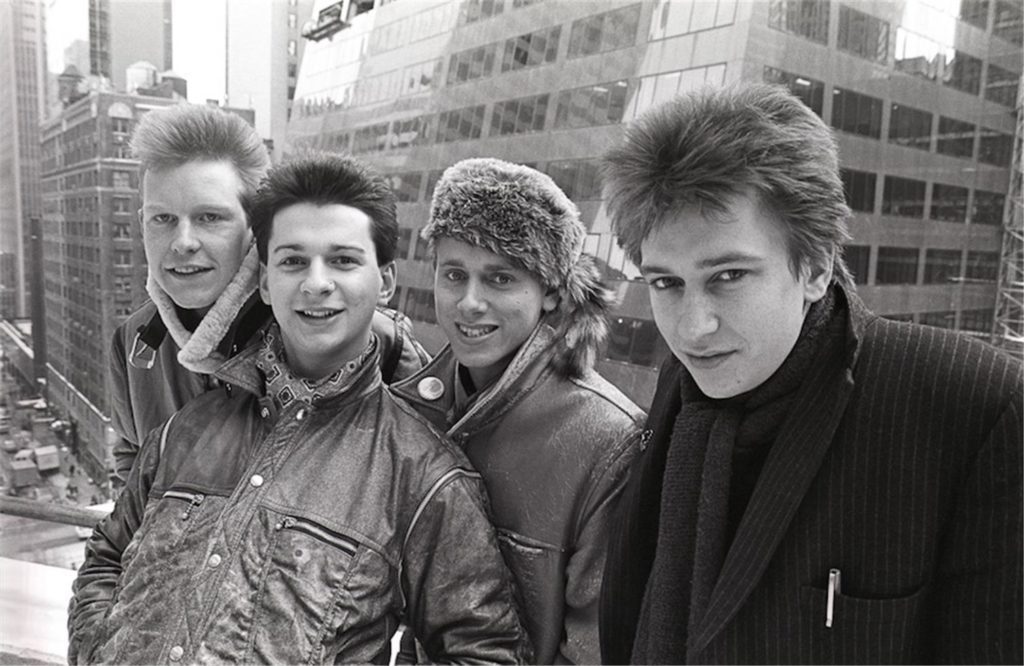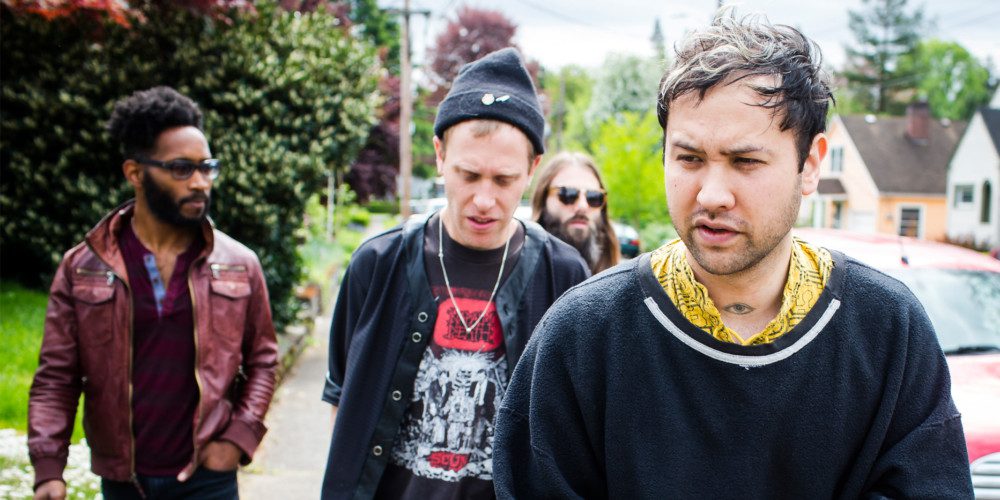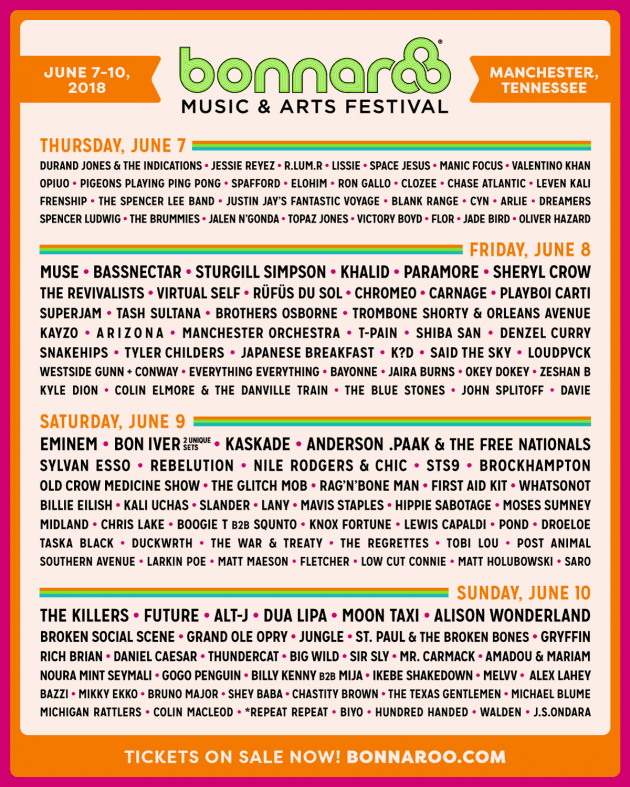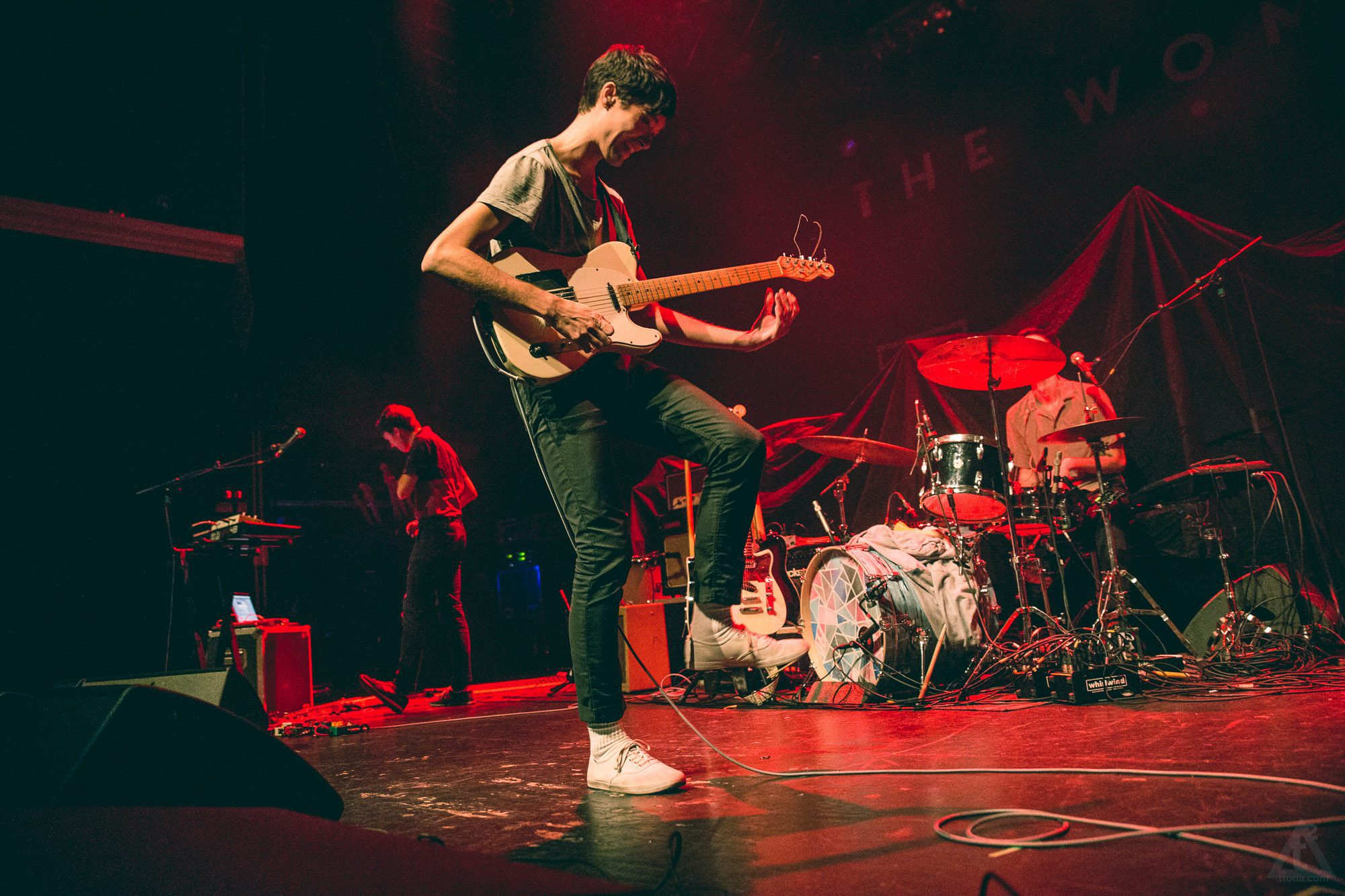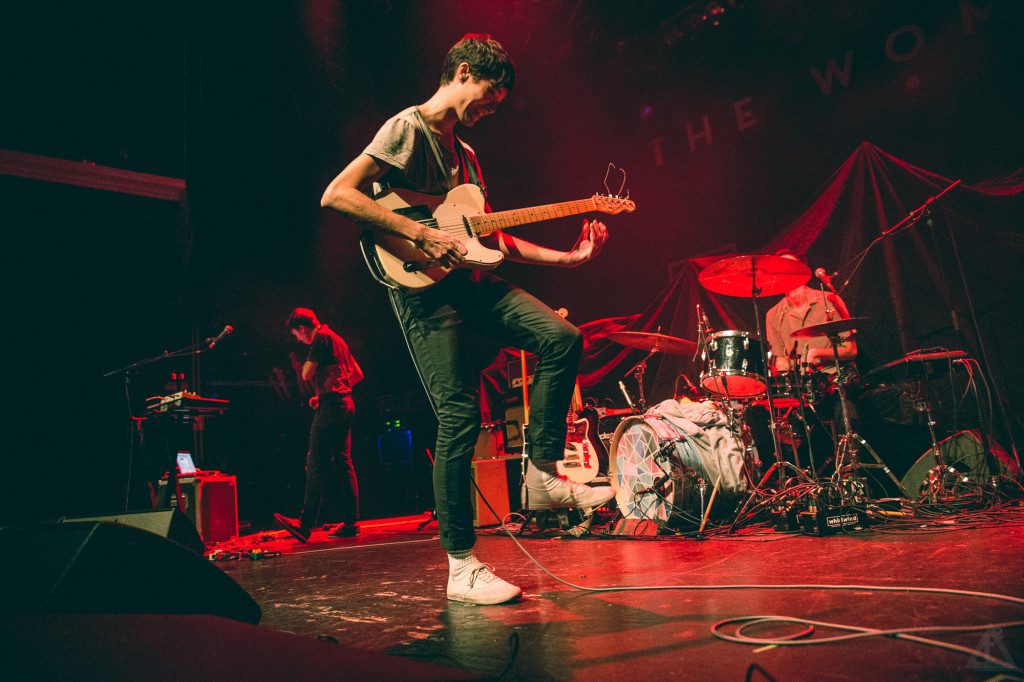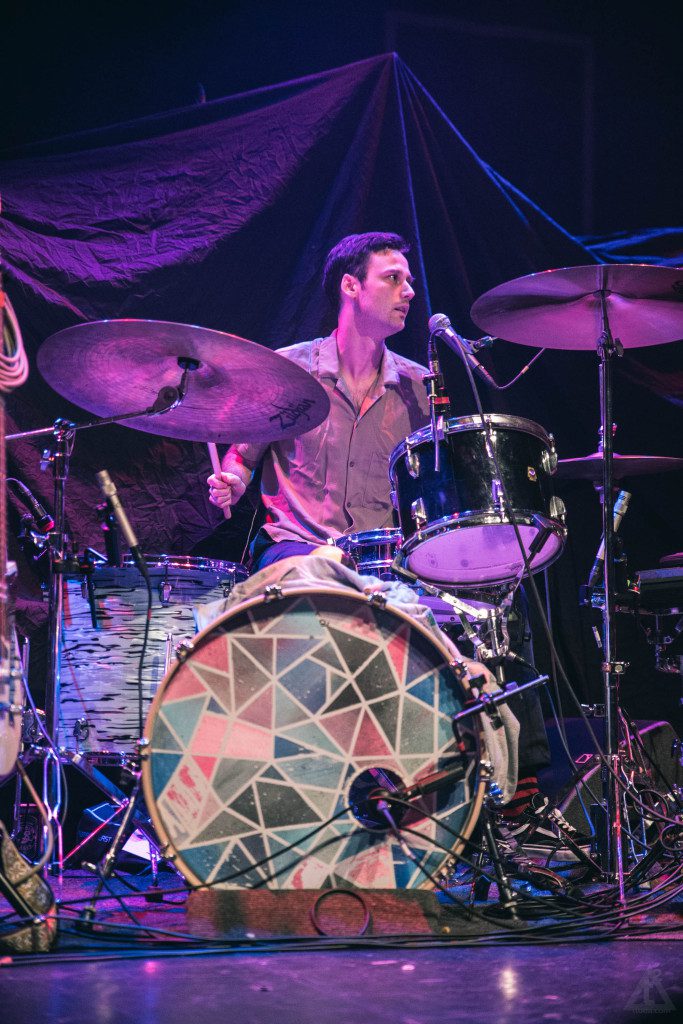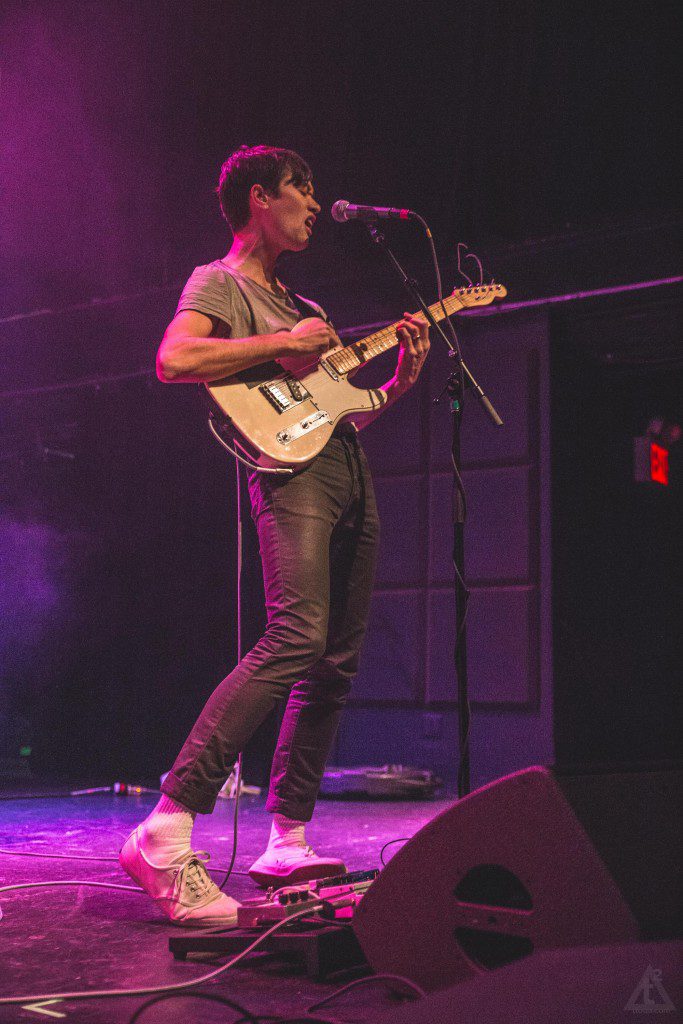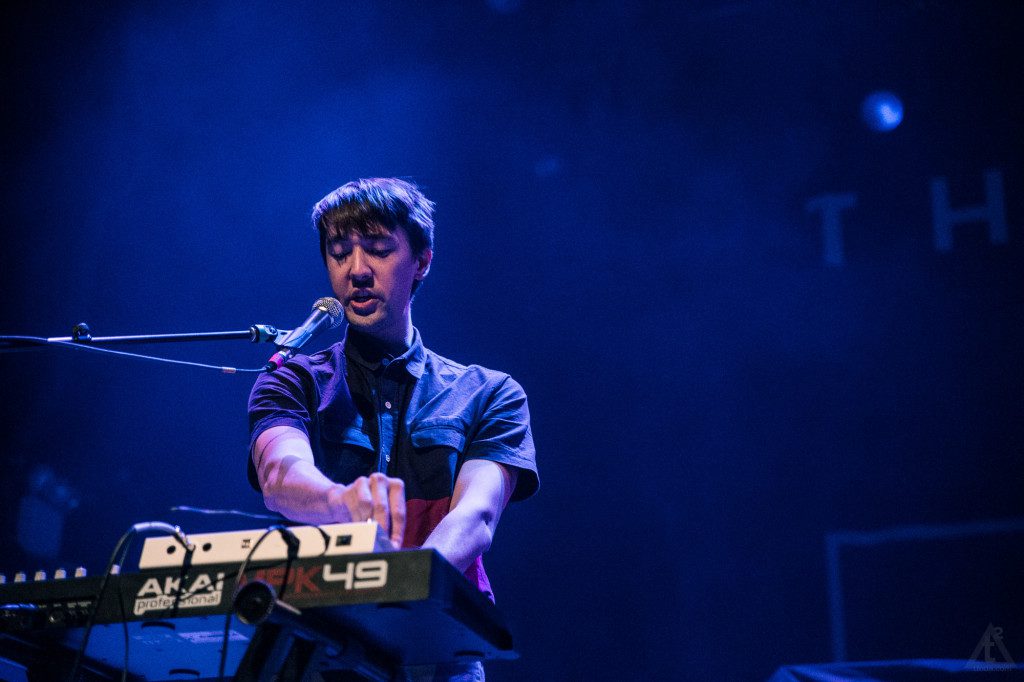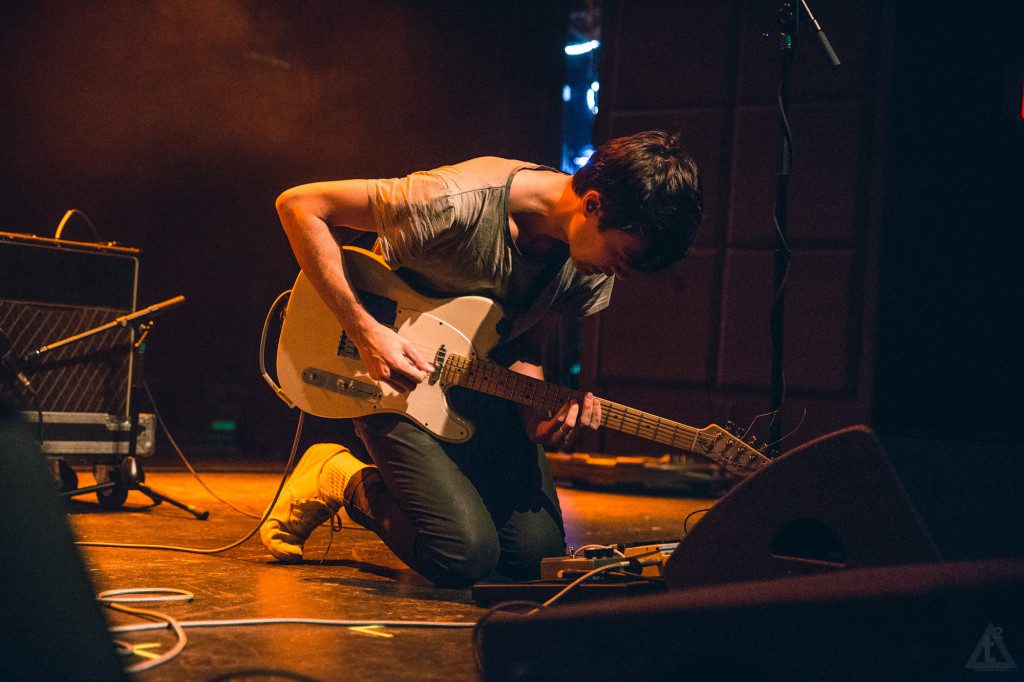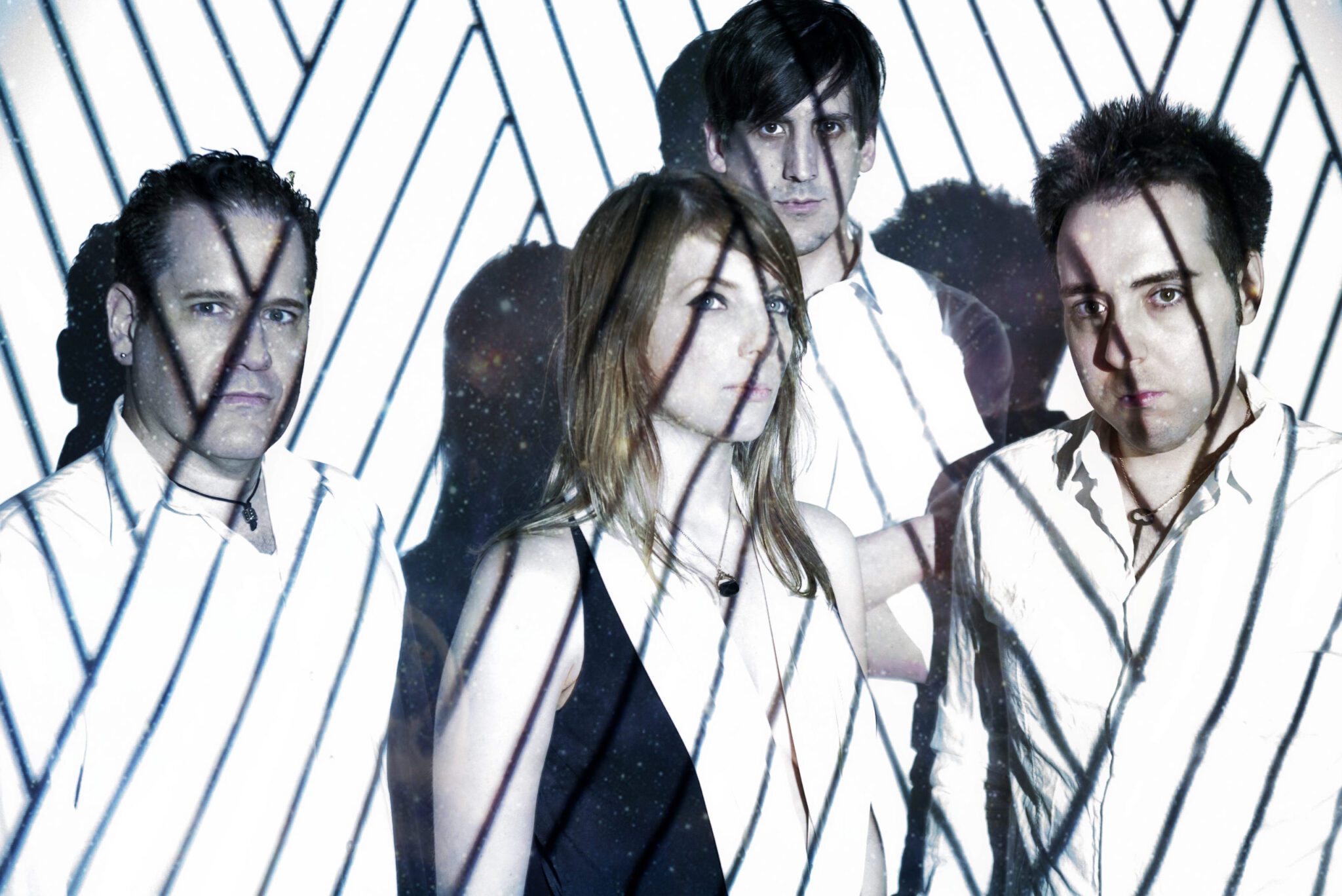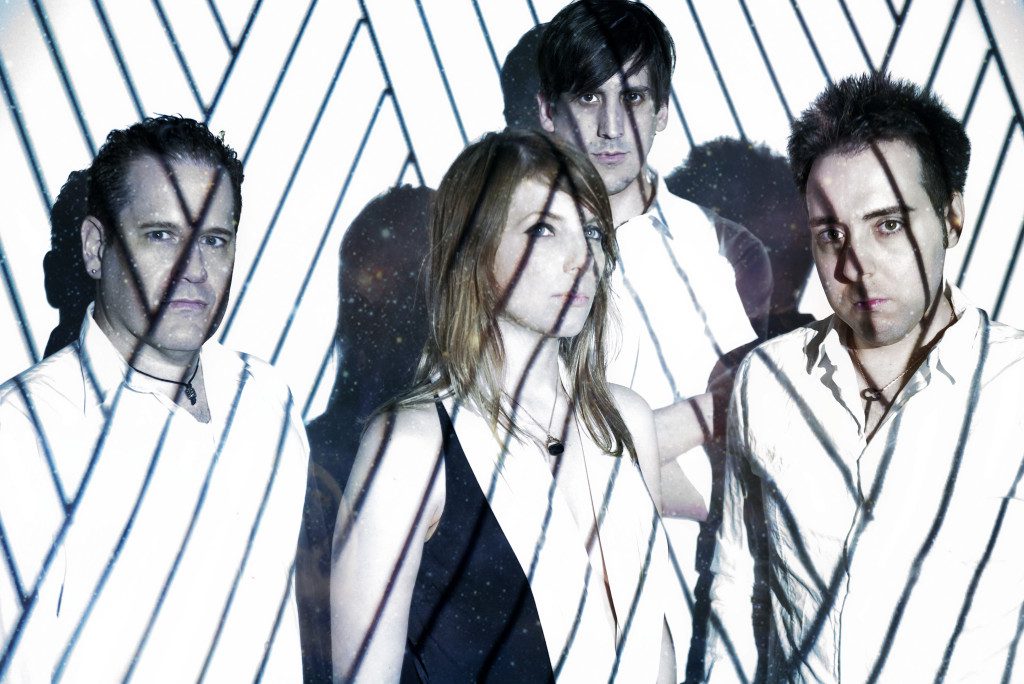How We Mourn on the Dance Floor
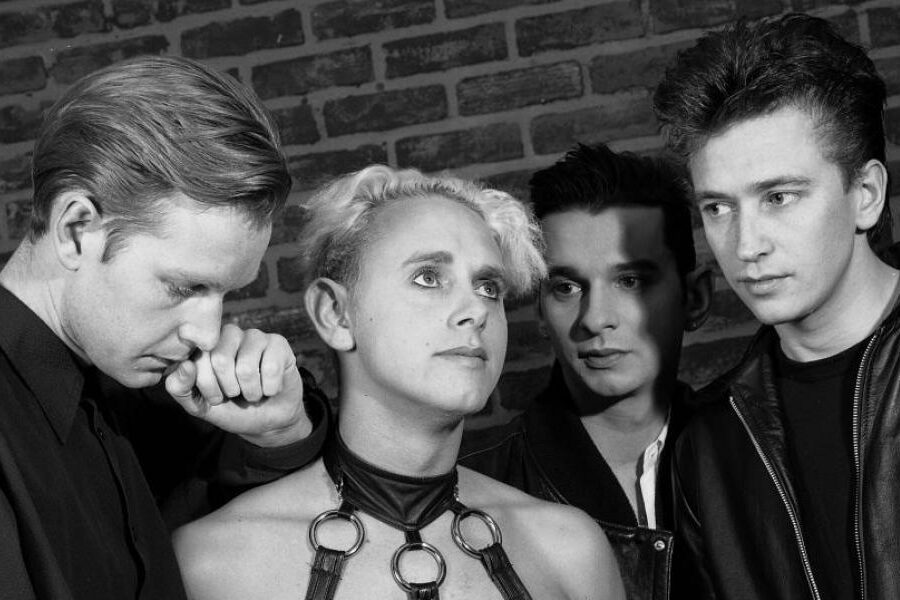
In Audiofemme’s monthly column, The Beat Goes On, DJ Liz O. takes readers inside the booths of the dance clubs, bars and assorted L.A. events where she has been DJing for over 20 years.
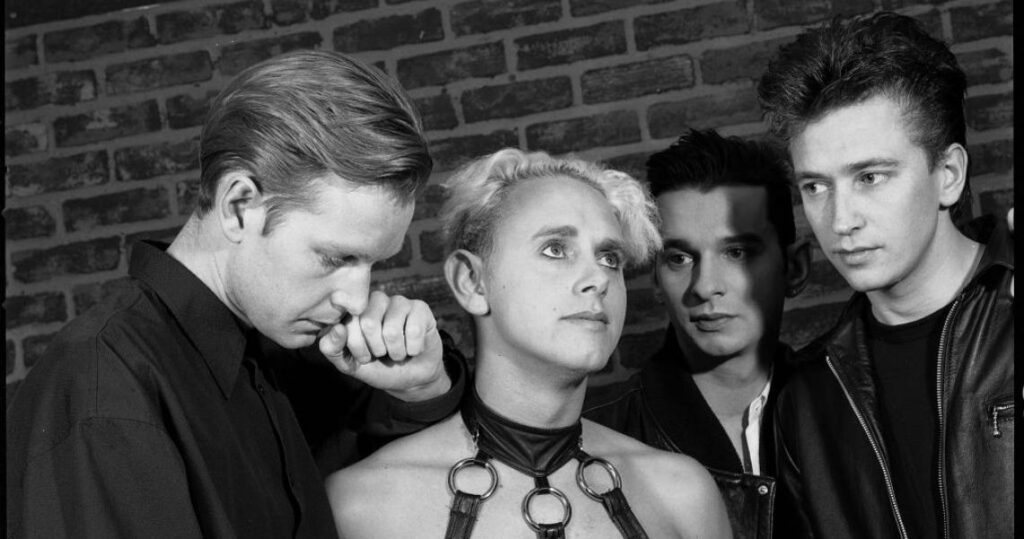
The crowd inside the club thins as the last song for that Friday night, “Sorted for E’s & Wizz” by Pulp, fades. Yet, a handful of people remain on the dance floor, even in the seconds after the music stops. One guy shouts for another song. “Play one more for Andy!”
Less than 48 hours earlier, word spread across social media that founding member of Depeche Mode Andy Fletcher had died. It was news that would have sounded like a hoax had it not come from the band’s official social media accounts. And it was heartbreaking.
I have no personal connection to Depeche Mode. I’m just someone who claimed them as one of my all-time favorite bands back in elementary school and managed to stick with that proclamation for however many decades that have passed since then. And in Los Angeles, the city where I was born and still reside, that’s not unusual. Depeche Mode has been massive here since my 1980s childhood. In the L.A. that exists now, you could get away with playing the band in virtually any type of club. At the indie, alternative and goth nights, DJs can easily pack the floor with album deep cuts and B-sides.
Needless to say, my very L.A. social media feeds were instantly flooded with tributes. I watched the photos, song clips and personal comments flash by in Instagram stories, and pop up one after the next on the main feed. Twitter and Facebook weren’t that different.
There has been plenty written by both journalists and academics about online responses to celebrity deaths. But, the outpouring of grief from fans upon the death of someone famous long precedes social media. In 1977, Elvis Presley’s death brought tens of thousands of fans from across the country to Memphis for his funeral. The New York Times reported that close to 1000 fans turned up outside of The Dakota on the night that news of John Lennon’s murder broke. In the last few weeks of 1980 that followed, fan-led memorials popped up everywhere from Los Angeles to Moscow. Following Kurt Cobain’s death in 1994, about 10,000 fans attended a vigil in Seattle.
When a musician dies, it often seems fitting that we should memorialize them through the songs that remain on Earth. If you’re old enough to remember a time when death announcements came via radio stations, then you can probably also recall hearing the deceased’s music after the DJ shared the news. If the musician had an impact on a specific scene, you might hear DJs dropping songs into their sets or bands covering personal favorites that weekend. And, if the musician was local, there might very well be some kind of gathering in your town. It’s part of how listeners show their appreciation for the gift of music.
Even in the social media age, that hasn’t changed.
It didn’t take long for impromptu tributes to the band to pop up at venues across Los Angeles. And these weren’t limited to music events. At a Dodgers game on May 30, organist Dieter Ruehle paid homage by playing several Depeche Mode songs.
Over the course of that final weekend of May, I ended up playing two Depeche Mode-heavy sets. On Saturday, I added a handful of Depeche Mode records to my crate and joined my friend, Malvada, who also brought her Depeche Mode stash, for an all-vinyl early evening gig. I ultimately lost track of how many Depeche Mode tunes I played altogether. It was as many as people needed to hear, or I needed to hear, at that moment.
Part of DJing is saying what’s on your mind without actually talking. The songs do that for you. Sometimes, we do this in an obvious way. We might select a tune with lyrics that, on some level, reflect current events. Other times, it’s much more personal. We might pick out a song because it’s particularly meaningful to us, or it sends a message to someone we know is in that room. We might play something for someone who isn’t in that room— like a friend who recently died — because that person is in our thoughts. And we might play a song because a musician that we admire is now gone.
I check the time on my laptop. We’re edging pretty close to the moment when everyone needs to get out, but the house lights were only beginning to brighten and no one at the bar has motioned for me to kill the sound quite yet. I really can’t say no, despite having played more than ten Depeche Mode songs that night. I quickly scroll through Rekordbox taking note of what I’ve already played— a handful of the hits and some fan favorites, like a request for “Puppets” — and realize that I hadn’t played “Enjoy the Silence.” That was truly the best choice for tonight’s closer. One more. For Andy.
For ongoing updates on gigs, sign up for Liz’s newsletter. This month, catch her at the following spots:
7/23/22 — Nitzer Ebb vs. Front 242 @ Akbar w/ Tommy Rocker, Manuelito, Damascus Knives (EBM set)
7/26/22 — La Dolce Vita @ The Mermaid (disco set)
7/29/22 — Club Underground @ Grand Star Jazz Club w/ Larry G. (indie, Britpop, alt ‘80s, post-punk)
8/05/22 — ‘90s House Party @ The Lash (throwback house)

